Introduction
Dell Technologies Inc. (NYSE: DELL) has been hammered by recent tariff concerns, dropping 20% in a single day and 39% year-to-date. The stock, previously trading at $160 per share, is now at $77, wiping out gains from early 2024.
Is this an overreaction, or does Dell present a buying opportunity? In this analysis, we evaluate fundamentals, revenue trends, and valuation models (DCF, comparable company model, and Ben Graham’s intrinsic value formula) to determine whether Dell is undervalued or fairly priced.
How Tariffs Impact Dell’s Business
The Trump administration’s new tariffs specifically target technology imports, which disproportionately affect companies like Dell with global supply chains.
A statement from Dell’s COO in February 2025 highlighted concerns:
"This is a pretty darn dynamic environment. Whatever tariff we mitigate, we have a view that it has an input cost, and our output costs go up. So we might have to adjust prices."
This signals higher potential costs for Dell, likely forcing price adjustments that could hurt demand.
Dell’s Financial Performance
Key Metrics:
- Market Cap: $54 billion
- Price-to-Earnings (P/E) Ratio: 12 (well below the market average of 26.82)
- Earnings Per Share (EPS): $5.91
- Dividend Yield: 2.2% ($1.70 per share, safe payout ratio of 75% net income, 88% free cash flow)
- Analyst Price Target: $136 per share, suggesting significant upside potential
Revenue Trends:
Dell reported $92 billion in trailing 12-month revenue, higher than 2024 but down from 2022 and 2023.
- Net Income: $4 billion, increasing over the past two years but still below 2022 levels.
- Free Cash Flow (FCF): $3.36 billion, declining due to higher CapEx spending.
- Operating Cash Flow: Down, contributing to lower FCF figures.
Share Buybacks:
Despite market volatility, Dell has been repurchasing shares aggressively, signaling confidence in its valuation.
Valuation Analysis
Discounted Free Cash Flow (DCF) Model:
DCF values stocks by estimating future free cash flows and discounting them to present value.
Inputs:
- Projected Revenue Growth: 8% annually (analyst estimates suggest higher, around 10%+)
- Net Income Margins: Historical averages retained
- Discount Rate: 8%
Based on these factors, DELL’s intrinsic value is approximately $78 per share, suggesting slight undervaluation.
Ben Graham’s Intrinsic Value Formula:
Ben Graham’s valuation approach incorporates earnings growth and bond yields.
- AAA Bond Yield: 5.29% (slightly increased from prior months).
- Expected Growth Rate: 11.8%
Applying Graham’s model places DELL’s intrinsic value at $100 per share, indicating an undervaluation.
Comparable Company Model:
Dell is compared to industry peers, including:
- HP Inc. (HPQ)
- Cisco Systems (CSCO)
- IBM (IBM)
Key Comparisons:
- Revenue Growth: Dell ranks highest among competitors.
- Profit Margins: Smallest among peers, affecting valuation.
- EV/EBITDA & Price-to-Sales Ratios: Dell is priced lower relative to competitors, suggesting potential upside.
After factoring in comparisons, DELL’s valuation aligns at around $80 per share, reinforcing the buy rating.
Conclusion: Is Dell a Buy?
All three valuation models indicate Dell remains an attractive buy:
- DCF Model estimates intrinsic value at $78 per share.
- Ben Graham’s Formula suggests $100 per share, reinforcing undervaluation.
- Comparable Company Analysis values Dell around $80 per share, suggesting fair pricing.
While tariffs pose risks, Dell maintains steady profitability, active share repurchases, and a relatively low valuation. Its P/E ratio is significantly below peers, making it a solid long-term investment despite recent volatility.
Final Verdict: Dell is a Buy, with medium-term uncertainty but long-term upside potential.
https://youtu.be/i_PFHI5RmcY?si=XiCtEfF0wmjBKbcO
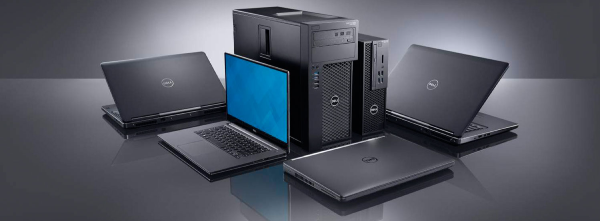




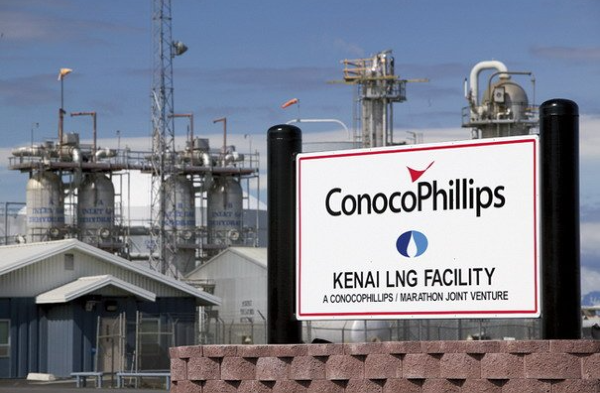


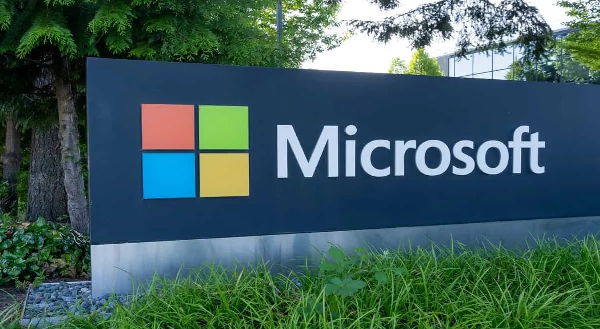

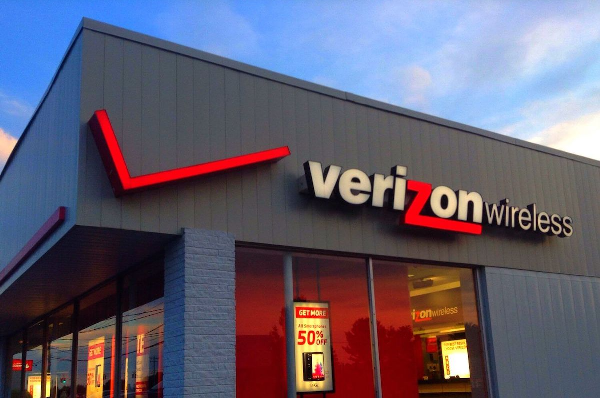


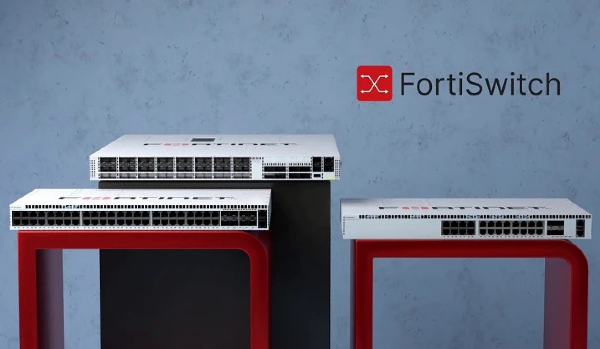
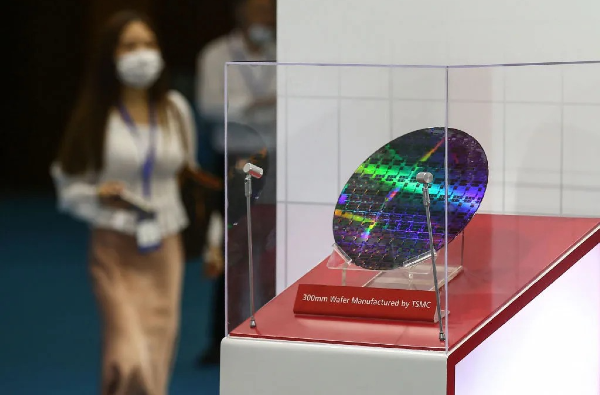
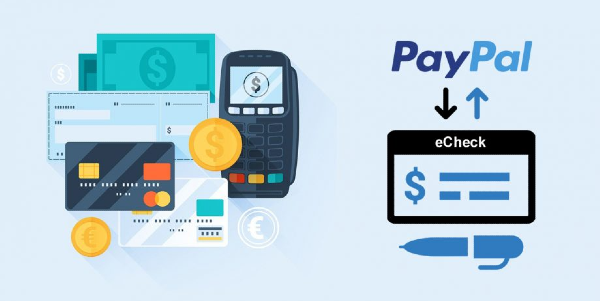




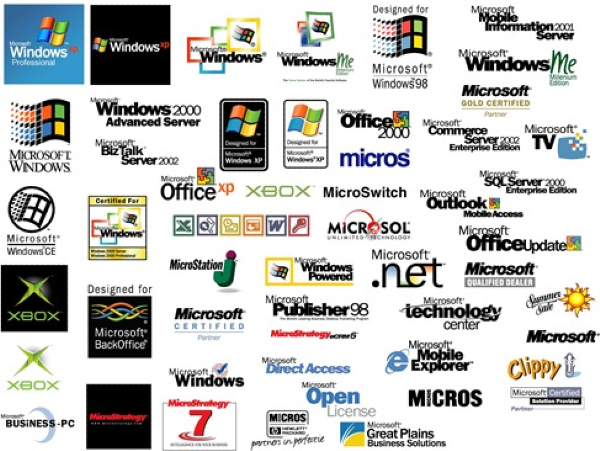


Introduction
Dell Technologies Inc. (NYSE: DELL) has been hammered by recent tariff concerns, dropping 20% in a single day and 39% year-to-date. The stock, previously trading at $160 per share, is now at $77, wiping out gains from early 2024.
Is this an overreaction, or does Dell present a buying opportunity? In this analysis, we evaluate fundamentals, revenue trends, and valuation models (DCF, comparable company model, and Ben Graham’s intrinsic value formula) to determine whether Dell is undervalued or fairly priced.
How Tariffs Impact Dell’s Business
The Trump administration’s new tariffs specifically target technology imports, which disproportionately affect companies like Dell with global supply chains.
A statement from Dell’s COO in February 2025 highlighted concerns:
This signals higher potential costs for Dell, likely forcing price adjustments that could hurt demand.
Dell’s Financial Performance
Key Metrics:
Revenue Trends:
Dell reported $92 billion in trailing 12-month revenue, higher than 2024 but down from 2022 and 2023.
Share Buybacks:
Despite market volatility, Dell has been repurchasing shares aggressively, signaling confidence in its valuation.
Valuation Analysis
Discounted Free Cash Flow (DCF) Model:
DCF values stocks by estimating future free cash flows and discounting them to present value.
Inputs:
Based on these factors, DELL’s intrinsic value is approximately $78 per share, suggesting slight undervaluation.
Ben Graham’s Intrinsic Value Formula:
Ben Graham’s valuation approach incorporates earnings growth and bond yields.
Applying Graham’s model places DELL’s intrinsic value at $100 per share, indicating an undervaluation.
Comparable Company Model:
Dell is compared to industry peers, including:
Key Comparisons:
After factoring in comparisons, DELL’s valuation aligns at around $80 per share, reinforcing the buy rating.
Conclusion: Is Dell a Buy?
All three valuation models indicate Dell remains an attractive buy:
While tariffs pose risks, Dell maintains steady profitability, active share repurchases, and a relatively low valuation. Its P/E ratio is significantly below peers, making it a solid long-term investment despite recent volatility.
Final Verdict: Dell is a Buy, with medium-term uncertainty but long-term upside potential.
https://youtu.be/i_PFHI5RmcY?si=XiCtEfF0wmjBKbcO